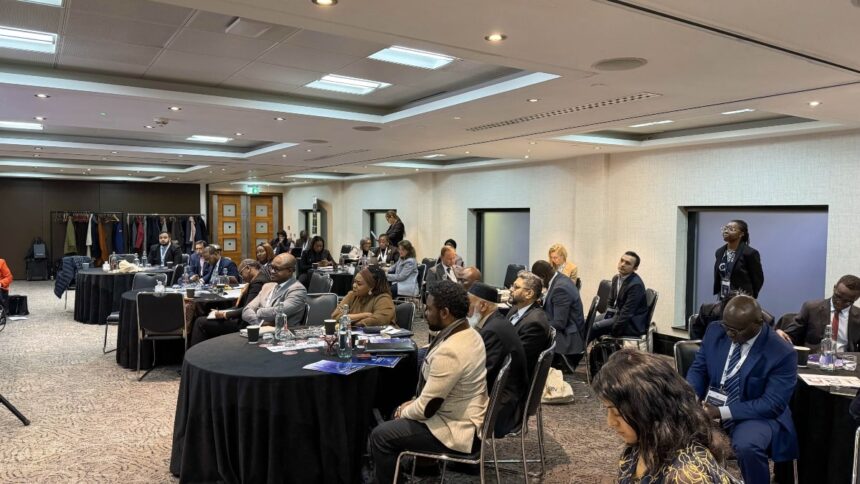Islamic finance, based on Sharia law, has experienced significant growth in West Africa as an alternative to traditional financial systems. The principles of Islamic finance, which avoid interest and promote risk-sharing, have resonated with people globally, leading to an increased embrace of this finance model in the region.
Recent years have seen a surge in demand for Islamic banking and financial products in West Africa. The future of Islamic finance in the region looks promising, with growing interest from consumers and investors alike. As more people seek financial services that align with their ethical and religious beliefs, Islamic finance offers solutions to significant financial inclusion challenges by providing access to affordable credit and facilitating investment in key sectors such as infrastructure and agriculture.
Abdulaziz Goni, a Senior Manager at Amanie Advisors and an expert in Islamic finance, recognizes the growth potential of Islamic finance in West Africa. He points out that the region’s large Muslim population and increasing demand for Sharia-compliant financial products contribute to this potential. Additionally, government initiatives in countries like Nigeria, Senegal, and Côte d’Ivoire have introduced Islamic banking frameworks, issued Sukuk (Islamic bonds), and attracted investors from the Middle East and Asia.
Despite the interest and growth in Islamic finance, there are various challenges that need to be addressed. Limited expertise, regulatory gaps, and a lack of standardized frameworks pose hurdles to the sector’s expansion. Many individuals, including potential customers and financial professionals, have limited knowledge of Sharia-compliant financial products, hindering market growth. Furthermore, a shortage of skilled professionals who understand Islamic finance principles makes it challenging to expand the sector.
Regulatory challenges also impede growth, as many countries lack clear policies or standardized guidelines for Islamic banking and finance. The dominance of conventional banking further limits access to Islamic financial services in the region.
To overcome these challenges, Goni suggests that governments and financial institutions invest in awareness campaigns, educational programs, and training initiatives. Developing clear regulatory frameworks and ensuring harmonization across countries can provide a stable foundation for growth. Encouraging partnerships with global Islamic financial institutions can help transfer expertise and attract investment, strengthening the sector’s long-term prospects.
Islamic finance has emerged as an effective means of financing development worldwide, offering an ethical and socially responsible approach to economic growth. As West Africa continues to adopt Islamic finance, the region stands to benefit from an innovative financial system that promotes fairness, inclusion, and economic development, potentially leading to a more prosperous future.
The BRVM Investment Days recently hosted a roundtable discussion on enhancing UK-WAEMU cooperation for the development of Islamic Finance in London, highlighting the growing interest and potential of Islamic finance in West Africa.








